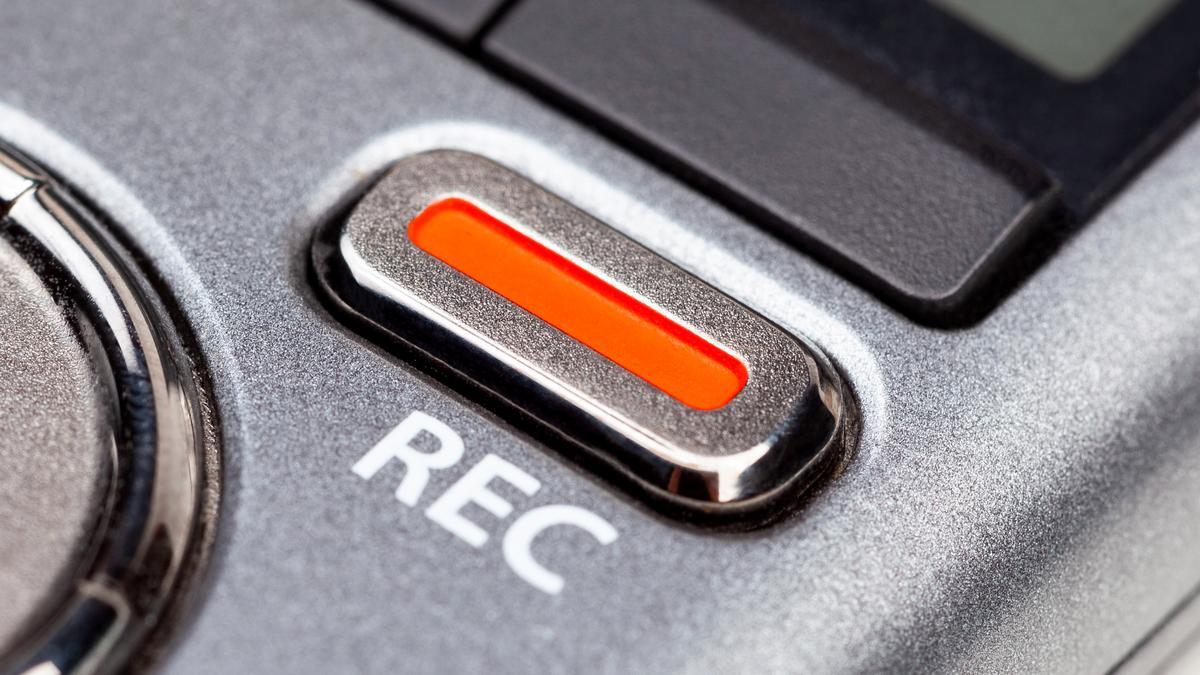In a landmark judgment in a divorce case (Vibhor Garg vs Neha), the Supreme Court has accepted the admissibility of secretly recorded conversations between a married couple as reliable evidence.
Vibhor Garg had filed a divorce petition under the Hindu Marriage Act, 1955 in a family court at Bathinda in Punjab on the grounds of mental cruelty by his wife, Neha. The petitioner adduced conversations between him and his wife recorded by him over a period of time without her consent and knowledge to buttress his allegations of mental cruelty. The evidence was admitted by the family court. However, on appeal against its decision, the Punjab & Haryana High Court took an opposing view, holding the secretly recorded calls violative of the fundamental right to privacy as enshrined in Article 21 of the Constitution. Justice Lisa Gill held that the conversations were in clear breach of the privacy rights, and set aside the decision of the family court.
Aggrieved by this decision, the petitioner approached the Supreme Court, which on July 14 ruled in favour of the husband by accepting the recorded conversations, though they were made without the consent and knowledge of the spouse.
Complete lack of trust
The Supreme Court Bench, comprising Justices B.V. Nagarathna and Satish Chandra Sharma, used the recorded conversations to conclude that the marriage in question had reached a point of a broken relationship, where one spouse was actively snooping on the other, denoting a complete lack of trust between them, the very bedrock of a marriage. In essence, the Supreme Court admitted the recorded conversations to decide on the broken marriage rather than as an absolute question of privacy laws.
The court also relied on the exception provided in Section 122 of the Indian Evidence Act, which permits the disclosure of recorded marital communications in suits between married persons or proceedings in which one married person is prosecuted for any crime committed against the other. The Bench observed: “We do not think there is any breach of privacy in this case. Section 122 of the Evidence Act does not recognise any such right. On the other hand, it carves out an exception to the right to privacy between spouses and therefore cannot be applied horizontally at all.”
The Family Courts Act, 1984 grants a family court discretion to admit evidence, including reports, statements, documents, information, or other matters, that, in its opinion, will assist in effectively handling a dispute, even if that evidence might not meet the admissibility benchmark under the Indian Evidence Act, 1872. This provision allows the family courts to consider a broader range of evidence, including recorded conversations, in deciding matrimonial disputes.
The court recognised that instances of mental suffering were very private and recorded conversations assisted the family court in deciding the matter appropriately. It reaffirmed its commitment to a fair trial, an inalienable right provided by Article 21 of the Constitution.
Important form of evidence
Call recordings have become an important form of evidence in legal proceedings. The Information Technology Act, 2000 and the Bhartiya Sakshya Adhiniyam, 2023 are the primary laws related to electronic records and the admissibility of these records. The admissibility of call recordings in Indian courts has been a matter of debate and controversy for several years.
The K.S. Puttaswamy judgment (2017) established privacy as a fundamental right under Article 21 of the Constitution. However, the Supreme Court, in this case, has interpreted the right to privacy in the specific context of matrimonial discord, the exception provided in the Evidence Act, and the admissibility of relevant evidence in a family court proceeding to decide a case.
The judgment reaffirms the admissibility of secretly recorded conversations, based on the precedent set in R.M. Malkani vs State of Maharashtra. The admissibility of recorded electronic evidence was also examined in S. Pratap Singh vs State of Punjab, in which the Supreme Court accepted an unauthorisedly obtained tape-recorded conversation between two parties. The court evaluated the evidentiary value of the tape-recorded conversation and accepted it as evidence only because it was essential to resolving the case.
Some believe the judgment will promote spousal surveillance and abuse of privacy laws to be used against an unsuspecting partner in future. Research established that women are generally at the receiving end in a family or a live-in relationship. The male counterpart enjoys greater coercive control. Admission of recorded conversations between spouses will create a greater atmosphere of suspicion, a trust deficit, and an abuse of privacy laws.
The admissibility of call recordings in Indian courts depends on several factors, including the authenticity, accuracy, and reliability of the recordings, the relevance and probative value of the recordings to the issue at hand, and the circumstances under which the recordings were made. As technology continues to evolve, the admissibility of electronic evidence, including call recordings, will likely remain a subject of judicial scrutiny and interpretation. The admissibility of electronic evidence, such as recorded telephone or mobile conversations and video clips, often raises concerns regarding the right to privacy. While electronic evidence is accepted in a court of law, it is not generally legal for individuals to record conversations without authorisation due to the violation of the right to privacy under Article 21 of the Constitution. However, in Vibhor Garg vs Neha, the Supreme Court has emphasised that the use of recorded conversations as evidence is admissible only in cases involving matrimonial or family discord. Only time will tell if the courts in India will be liberal in accepting such evidence in other cases also.
(The writer is a former Director-General of Police, Himachal Pradesh; view are personal)
Published – July 24, 2025 12:20 am IST
